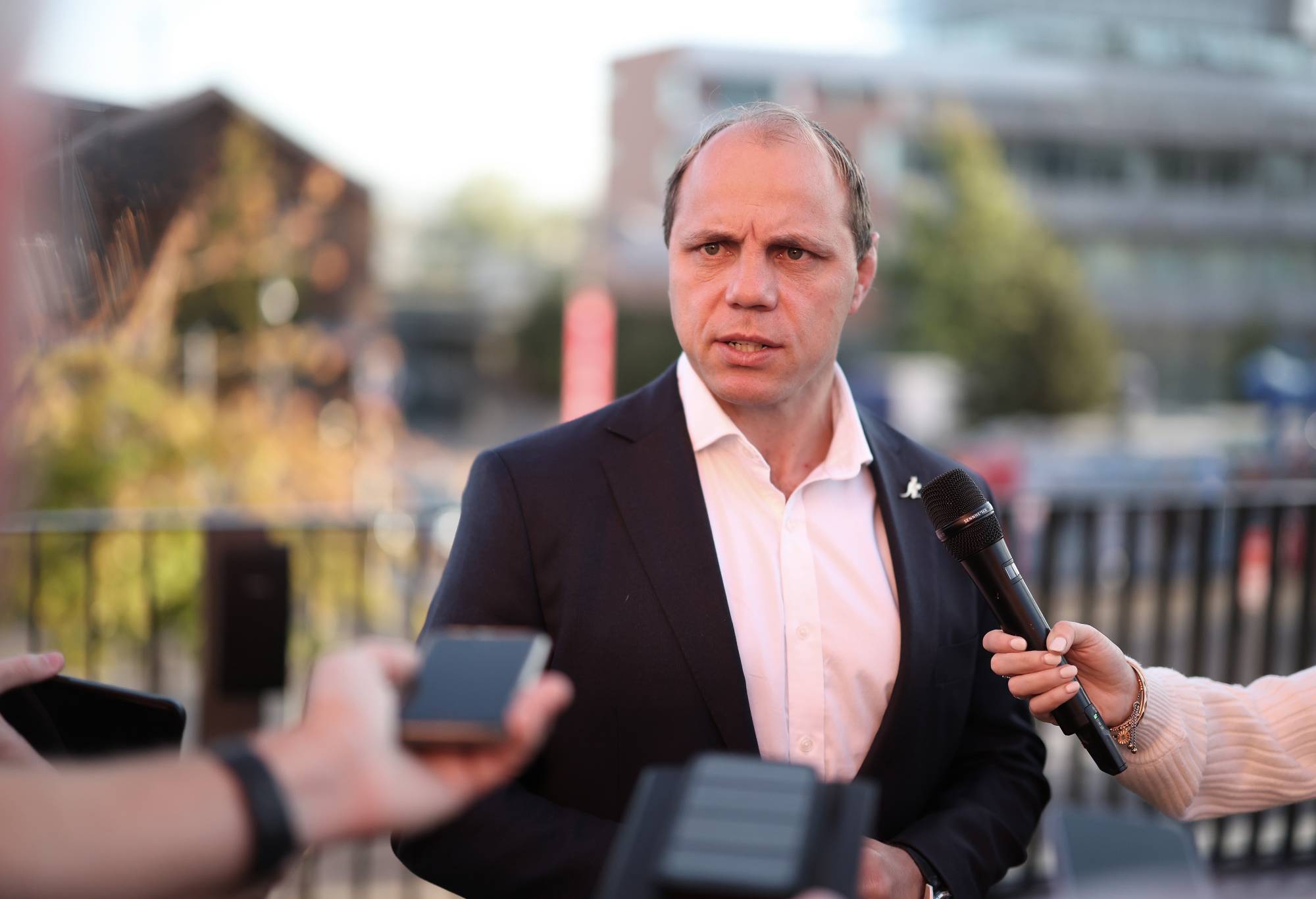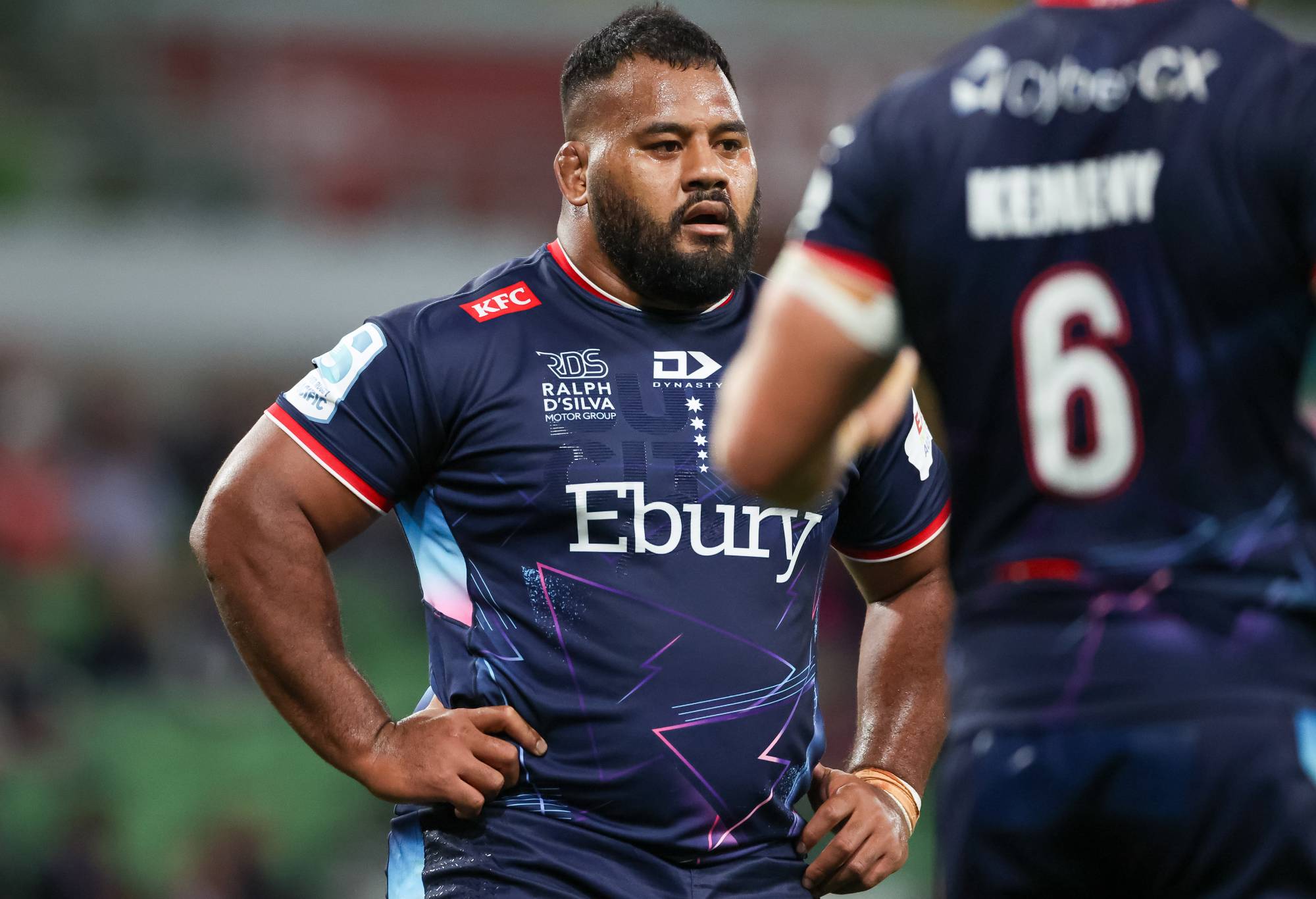Like bad divorces, corporate collapses often get ugly. And that, unfortunately, is why Rugby Australia is facing even more near-term pain from the fallout of the Melbourne Rebels’ financial fiasco – with the potential to overshadow the Super Rugby competition.
A portent of the drama set to unfold came a week or so back on February 22 when Rugby Australia and the Rebels squared off in a preliminary Federal Court legal skirmish. As Carla Jaeger reported in the Sydney Morning Herald, Rugby Australia wanted a corporate undertaker (otherwise known as a liquidator) appointed to the Rebels to wind up the club, once and for all.
The Rebels board wanted Judge Catherine Button to let the voluntary administrator they appointed in January stay in place to give them more time to do a Houdini act. The Rebels board won that opening round, with Judge Button granting a 60-day extension to the keep the administrator in place after the Rebels argued it might result in a better financial return for creditors owed $22 million.
To avoid going snow blind from insolvency jargon, here’s a quick explanation of what the difference is between an administrator (which the Rebels want to keep in place) and a liquidator (which Rugby Australia is pushing for).
For the purposes of simplification, think of the Rebels as an old lime green Holden Torana. An administrator sits in the passenger seat, content to let the designated Rebels board member occupy the driver’s seat in the hope of navigating his way through the malaise, as long as creditors are also happy to go along for the ride.
A liquidator, on the other hand, is more of a control freak. He (or she or they as the case may be) immediately takes the wheel. The liquidator will then put the Torana over the pits. He will cast a forensic eye over the Torana’s workshop service history to find out when the red lights on the dashboard first started flashing, when the rear hubcaps and mudflaps came off, why the spare tyre has no tread and how long the old girl’s been blowing smoke.

Rugby Australia CEO Phil Waugh speaks to the media. (Photo by Chris Hyde/Getty Images)
He will have a laser-like focus on whether, in its annual major service reports, the vehicle was signed off on as being roadworthy by a qualified mechanic. After doing all that, the liquidator will ultimately try to flog the Torana and distribute whatever proceeds he gets to creditors.
In his normal course of business, a liquidator is required to make his own investigations to determine the date at which he believes the company became insolvent, i.e. couldn’t pay its bills when they fell due.
Commonly, that involves delving into financial transactions going back several years.
For the Rebels, that scrutiny could hypothetically involve contracting negotiations, including the multi-year contract signed last year with the marquee player who destroyed the Force scrum on Friday – Taniela Tupou.
At this point it needs to be stressed the author makes no inference or suggestion that the Rebels board allowed the club to trade while insolvent before calling in voluntary administrators in January or have otherwise done anything wrong.
If Rugby Australia succeeds in appointing one, the liquidator’s job might be complicated by Carla Jeager’s February 20 revelations in the SMH that “Rugby Victoria had filed just one annual report to the consumer regulator since it took control of the Melbourne Rebels in 2017 – the same year it admitted the Super Rugby club was bleeding millions, and there was “significant doubt” it could continue operating as a going concern.”
Either way, the gloves are about to come off between the Rebels and Rugby Australia in the courts.
To avoid liquidation, the Rebels will need to litigate to support their claim that Rugby Australia owes the club a total of $8 million for allegedly starving the club of $6 million funding for several years and $2 million to cover the wage costs of Rebels players on Wallabies’ duty.

Taniela Tupou of the Rebels reacts after the Brumbies score a try during the round one Super Rugby Pacific match between Melbourne Rebels and ACT Brumbies at AAMI Park, on February 23, 2024, in Melbourne, Australia. (Photo by Asanka Ratnayake/Getty Images)
On the back of a beer coaster, getting $8 million from Rugby Australia would mean a return of about 35c in the dollar to Rebels creditors if the total $22 million debt figure is accepted. That’s a bit more than Alan Bond got away with offering his creditors back in the day. And it would also mean the Rebels directors would be able to salvage something from the collective $5.7 million they are reported to be owed by the club.
While Rugby Australia might look the bigger of the two bulls fighting in this paddock, keep in mind the code’s governing body is already dipping into its $80 million overdraft with Pacific Equity Partners to keep the lights on at Moore Park. The thought of being lumped with another $8 million in liabilities will hardly be a sedative nighttime tonic for CEO Phil Waugh – who is rumoured to have recently gone cap in hand to World Rugby.
But how, you may ask, can the Rebels afford to mount a legal fight against Rugby Australia to chase the $8 million in dispute?
Afterall, the only assets the voluntary administrator has been able to find so far is $17,300 in a bank account, some office furniture, gym equipment and two cars (neither of which is thought to be a lime green Holden Torana).
If the word coming out of Melbourne legal circles is right, the Rebels board is busy rounding up an impressive posse of senior silks as you read this story to work pro bono to fight Rugby Australia in the courts. Pro bono doesn’t mean they’re fans of Irish rock band U2, it means they’ll fight the case without billing their client in six-minute increments. Think retired barrister Lawrence Hammill QC in the cult Aussie movie The Castle.
Given the clock is ticking on the 60-day extension the Rebels have been afforded by Judge Button to stave off liquidation, expect that litigation to be launched soon, maybe even this week.
And a line in her February 22 story suggests there could be some explosive accusations aired, with Carla Jaeger stating: “The court also heard on Thursday that an affidavit supporting the extension could not be publicly released, as it detailed potential claims against Rugby Australia. Button said those details could prejudice the outcome of the Rebels.”
Of course, many disputes are settled outside court and both the Rebels and Rugby Australia boards would have presumably at least countenanced the option of a compromise to prevent further costly litigation. But from where I’m seeing things, Rugby Australia has little wriggle room to compromise on the $6 million the Rebels are claiming in underfunding as doing so would open the door of the lime green Holden Torana for the four other Super Rugby clubs to ask for their cut as well.
For broadcasters and fans, it will hardly be a good look for that dirty linen to be aired smack bang in the middle of the Super Rugby season. Like the Force on Friday night, it’s not a pretty look.






























































































